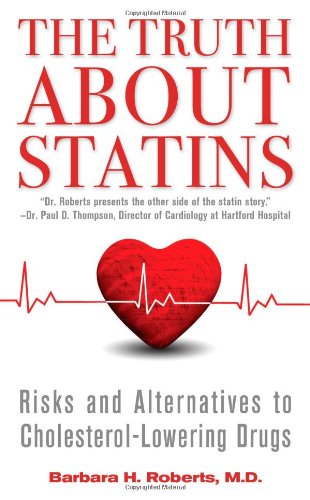On February 14, the French National Assembly passed a bill into law that was quickly criticized by medical freedom advocates. The bill’s nebulous title indicates that the proposed law is for opposing heretical religious or philosophical sects that the state deems dangerous to public health.
The title of the law is as follows:
Translation: BILL aimed at strengthening the fight against sectarian abuses and improving support for victims
Article 4 has attracted special attention and criticism within medical freedom circles.
 Grow Your Own Herbal M...
Best Price: $7.99
Buy New $15.99
(as of 09:36 UTC - Details)
Grow Your Own Herbal M...
Best Price: $7.99
Buy New $15.99
(as of 09:36 UTC - Details)
Article 4
Après l’article 223-1-1 du code pénal, il est inséré un article 223-1-2 ainsi rédigé:
Art. 223-1-2. – Est punie d’un an d’emprisonnement et de 30 000 euros d’amende la provocation, au moyen de pressions ou de manœuvres réitérées, de toute personne atteinte d’une pathologie à abandonner ou à s’abstenir de suivre un traitement médical thérapeutique ou prophylactique, lorsque cet abandon ou cette abstention est présenté comme bénéfique pour la santé de la personne visée alors qu’il est, en l’état des connaissances médicales, manifestement susceptible d’entraîner pour elle, compte tenu de la pathologie dont elle est atteinte, des conséquences particulièrement graves pour sa santé physique ou psychique.
Reading this bad run on sentence is like getting lost in the fog. A direct English translations is as follows:
After article 223-1-1 of the penal code, article 223-1-2 is inserted as follows:
Art. 223-1-2. – It is punishable by one year of imprisonment and a fine of 30,000 Euros for the inducement, by means of repeated pressure or actions, of any person suffering from a pathology, to cease or abstain from following a prescribed medical treatment, therapeutic or prophylactic, when this cessation or abstention is presented as beneficial for the health of the person concerned, whereas it is, in the state of medical knowledge, clearly likely to cause for them—taking into account the pathology of which they are affected—particularly serious consequences for their physical or psychological health.
Like the title, the language of this law is so nebulous that its interpretation and application will entirely depend on WHO is interpreting it.
For example, the former French Minister of Health, Agnès Buzyn, and the French microbiologist, Professor Didier Raoult, would probably take sharply differing views of how this law should be applied.
As a thought experiment, consider if this law had been in effect when COVID-19 arrived in France in March 2020. At that time, Professor Raoult advocated prescribing early treatment (hydroxychloroquine + azithromycin) to prevent hospitalization and death.
 The Truth About Statin...
Best Price: $2.21
Buy New $7.05
(as of 06:30 UTC - Details)
Almost the entire official French medical establishment in Paris—by means of “repeated pressure or actions”—systematically suppressed early treatment and persecuted Professor Raoult for trying to help his patients.
The Truth About Statin...
Best Price: $2.21
Buy New $7.05
(as of 06:30 UTC - Details)
Almost the entire official French medical establishment in Paris—by means of “repeated pressure or actions”—systematically suppressed early treatment and persecuted Professor Raoult for trying to help his patients.
Had this law been in effect in 2020, it would (in my opinion) warrant arresting most members of the French medical establishment and imprisoning them for one year. Only Professor Raoult and a few of his discerning colleagues would have remained free.
The key point that the dummies in the French National Assembly still don’t understand is that l’état des connaissances médicales (the state of medical knowledge) is, at any given time, a matter of discussion and debate.
WHO will be authorized to decide, at any given time, what precisely is the state of medical knowledge about any given illness? If the illness is caused by an infectious disease, will the “state of medical knowledge” be ascertained by Professor Raoult or by Ministry of Health hacks in Paris?
Note that the law’s title presumes that anyone, no matter how medically qualified, who takes an unorthodox view of medical matters has fallen under the influence of “sectarian” ideas—that is, heretical ideas that pose a danger to society.




